
Investing when you are young is a great way to start earn money. Even if you don’t have a lot of money to start with, over time your contributions will grow. And if you invest in stocks or mutual funds, you could see your investment increase in value as well. This is where clever investing books are come into picture, you need to learn the tricks and strategies.
There are a few things to keep in mind when investing when you are young. First, it’s important to start out slowly, especially if you’re new to investing. You don’t want to risk losing too much money right off the bat. Also, it’s usually best to invest in a mix of stocks and bonds, which can help reduce the risk of losing money if the stock market takes a downturn. Finally, it’s important to stay disciplined and continue contributing even when the markets are volatile.
Here are the top 5 investing books for you to read!
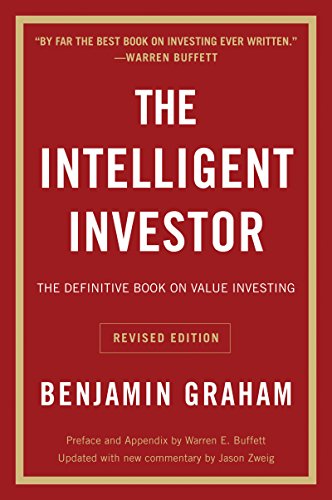
The Intelligent Investor by Benjamin Graham
Do you know that this book was the life changer for Warren Buffet, who is the role model for many investors even today? Thus, the book can also be your game changer although it was written in 1949.
Many fans consider this book as a stock market bible. Thus, the book is old, but the knowledge is timeless. Graham starts with a very interesting stock market history and proceeds to basic stock analysis along with portfolio management.
The knowledge shared revolves around the investment approach of value investing, which protects investors from errors and trains them on how to make long-term strategies.
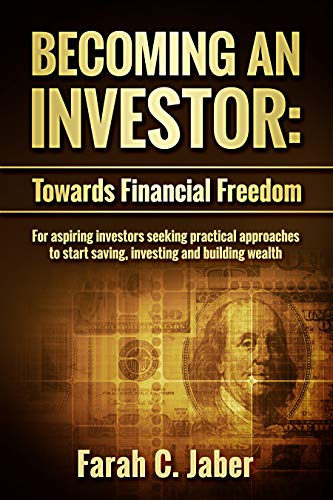
Becoming an Investor by Farah Jaber
Farah Jaber, who is the host of the popular The New Investor Podcast, tells his own experience of how he gained financial freedom by facing challenges and developing strategies.
He has revealed how he transformed his mindset from consumerism to wealth building. His story is a great example for young investors.
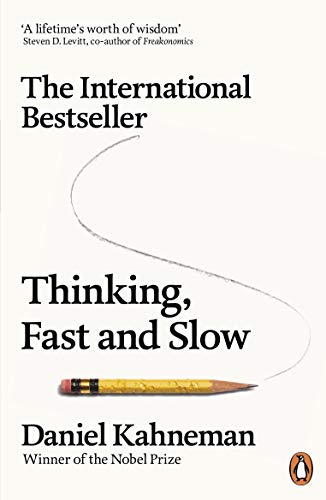
Thinking, Fast and Slow by Daniel Kahneman
This one is a distinctly interesting book, as it relates how your thought process can contribute to a successful investment portfolio. This is because our thoughts only lead to our destiny.
According to the author, we think in one of the two ways. First is fast, emotional, instinctive; while second is procedural, more rational, and slower. We inherently have biases and prejudices that affect financial decisions.
However, one can comprehend them by knowing how these two ways give way to our decisions. By keeping biases and prejudices away, investment decisions can be rational, clear, and analytical.
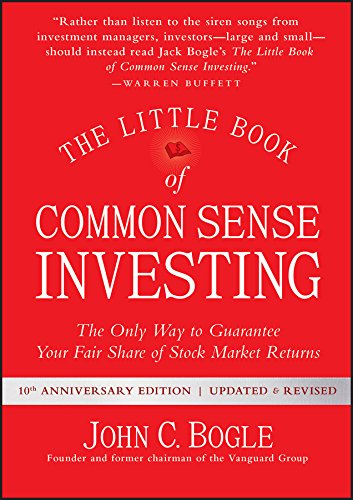
The Little Book of Common Sense Investing by John Bogle
Undoubtedly, John Bogle, even after this death, is still an empowering icon with his extraordinary strategy of investing in index funds. He revealed that the issue while overcoming the market is making less as an investor when brokers and managers take more.
To beat this situation, the author has suggested purchasing and holding the diverse publicly-held stocks of the nation’s businesses at a low rate. Theoretically, such an investment assures a fair share of returns in the stock market. The book includes many quotes from famous financial icons, which support this strategy.
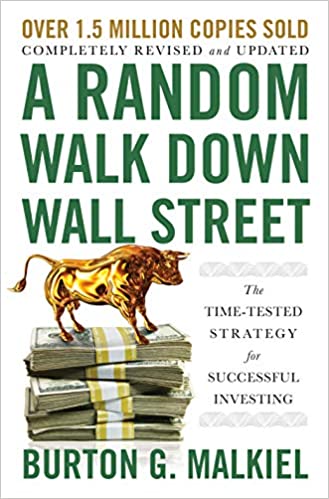
A Random Walk Down Wall Street by Burton Malkiel
Published in 1973, the book’s author contradictorily but interestingly teaches why evaluating a business as suggested by other experts such as Graham is less likely to help you in having a successful financial portfolio.
As an economist from Princeton, Burton has debated that markets exhibit efficiency due to the people who analyze a company’s value. He insists on gaining the market’s return and stopping yourself from beating it.
So, go for this book if you need practical advice without much focus on rules or theory. The author believes that investing is easier only if you change your current mindset.
All five books are worth reading if you wish to be a dynamically successful investor!
